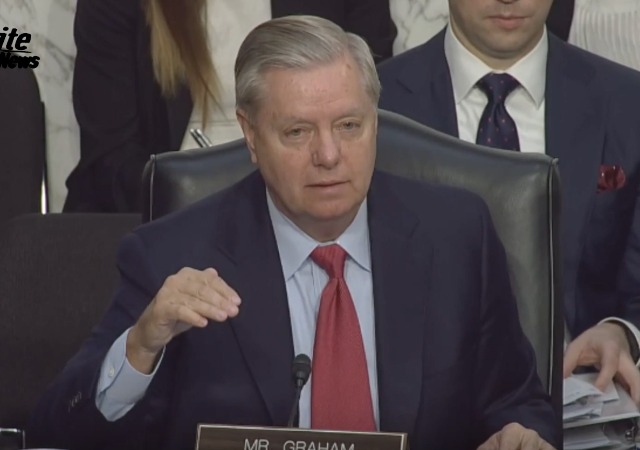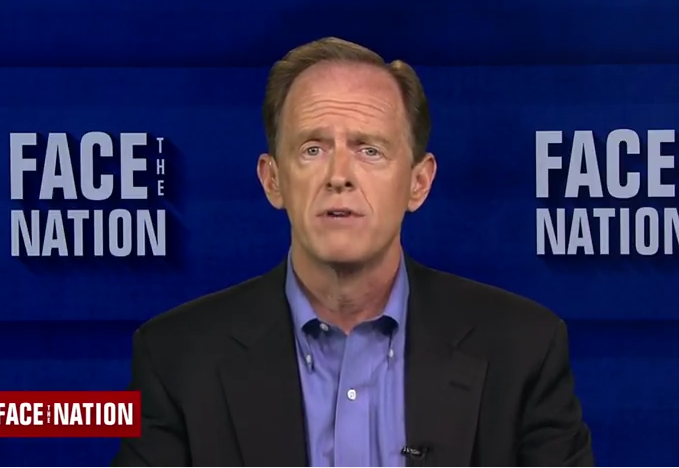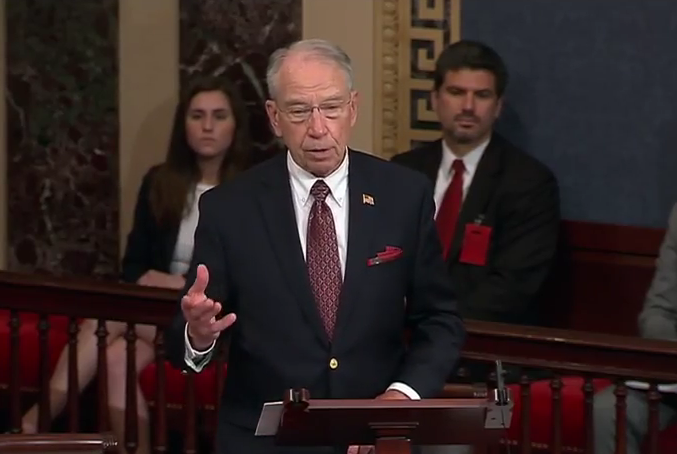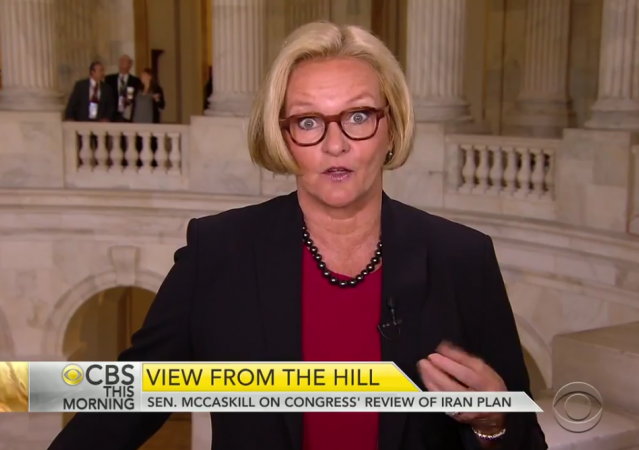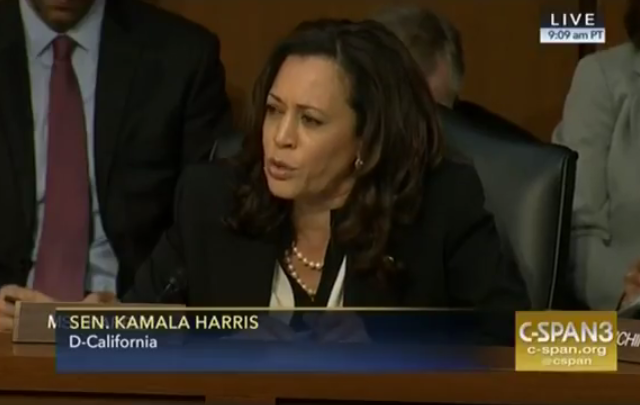Russia Retaliates Over New U.S. Sanctions
on July 28, 2017
5 Comments
President Donald Trump hasn't even signed the bill to pass new sanctions on Russia, but the Kremlin decided not to waste time. On Friday, Russian officials demanded that America reduce its number of diplomats to 455 by September 1 and shut down numerous American properties in the country.
No one knows exactly how many people work at the U.S. Embassy, but Russian parliamentary vice-speaker Sergei Zheleznyak claims the move will kick out 700 people.


